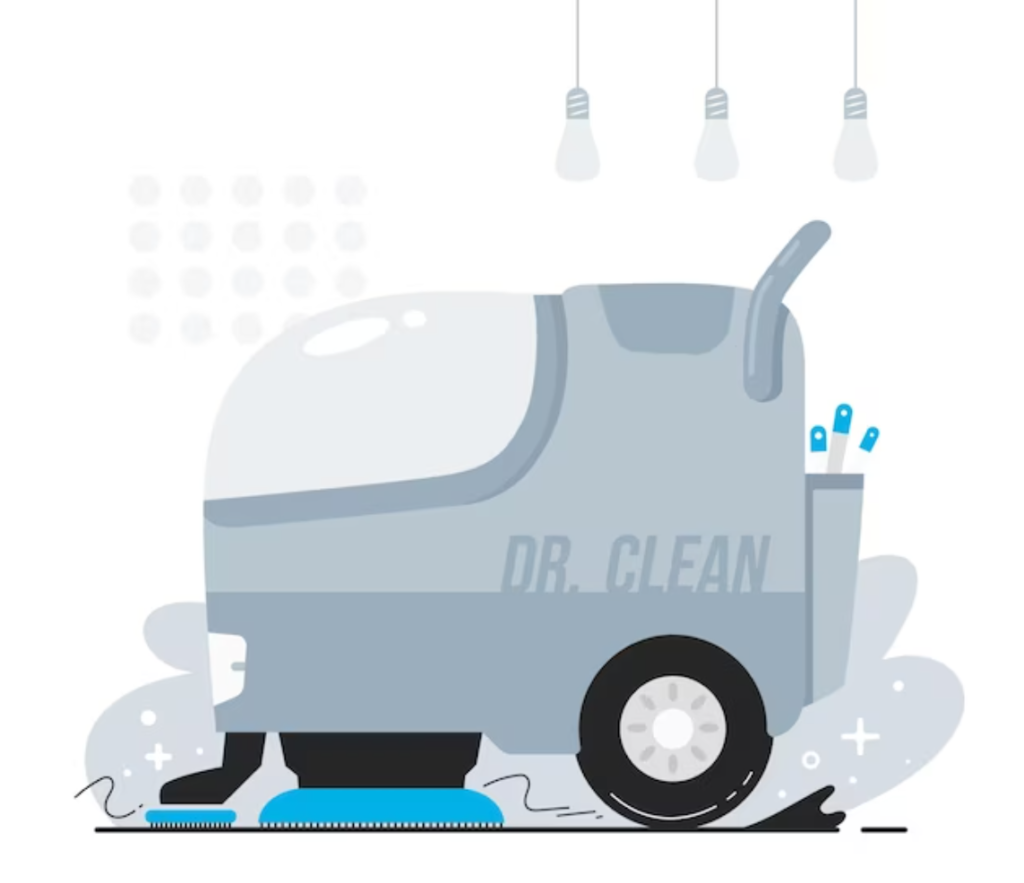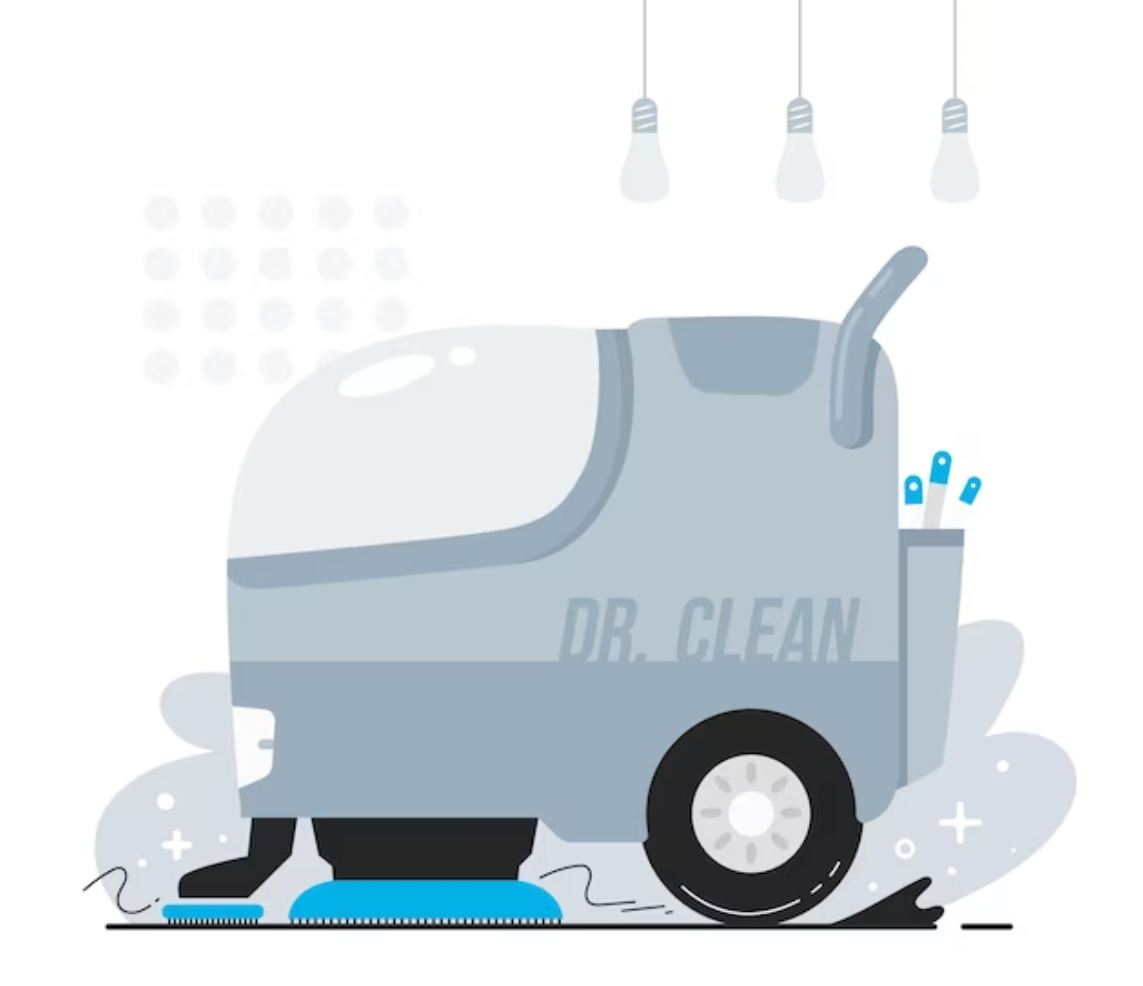Table of Contents
Introduction: The Heartbeat of the Engine – Water Pump Car Basics
Behind the scenes of your car’s efficient performance lies a crucial component known as the water pump. While often overshadowed by more visible parts, the water pump car is an unsung hero responsible for maintaining your engine’s optimal temperature. In this comprehensive guide, we’ll delve into the inner workings of the water pump car, exploring its role, maintenance, and signs of trouble.
How Does a Water Pump Car Work? Understanding Its Role in Cooling

The water pump car is a mechanical marvel that plays a central role in your vehicle’s cooling system. It circulates coolant through the engine and radiator, regulating temperature and preventing overheating. As the engine generates heat, the water pump car ensures a continuous flow of coolant, dissipating excess heat and maintaining the engine’s efficiency.
Signs of a Failing Water Pump Car: Recognizing Red Flags
Overheating Woes: An Indicator of Water Pump Car Issues
A rising temperature gauge is often the first sign of water pump car trouble. If the engine’s temperature begins to climb into the red zone, it’s a clear signal that the water pump may not be functioning properly. Addressing this issue promptly can prevent costly engine damage.
Unusual Noises: Listening for Clues of Water Pump Car Trouble
Unusual sounds, such as squeaking, grinding, or a persistent whining noise, could indicate a failing water pump car. These noises often result from a worn-out bearing or misalignment within the pump. Seeking professional diagnosis and repair is essential to avoid further damage.
Coolant Leaks: Tracing the Source of Dripping Fluid
Puddles of coolant beneath your parked car are indicative of a potential water pump car issue. Coolant leaks can stem from a damaged seal or a failing pump. It’s crucial to address leaks promptly to prevent engine overheating and further complications.
Maintenance and Care: Prolonging the Lifespan of Your Water Pump Car

Regular maintenance is key to ensuring the longevity and efficiency of your water pump car. Flushing and replacing coolant at recommended intervals, inspecting belts and hoses, and addressing leaks promptly contribute to the pump’s optimal performance.
DIY or Professional Help: Addressing Water Pump Car Problems
While some car maintenance tasks can be tackled by DIY enthusiasts, addressing water pump car issues often requires specialized knowledge and tools. Due to the intricate nature of the pump’s components and its critical role in engine health, seeking professional assistance is advisable.
Water Pump Car Replacement: Navigating the Process with Confidence
When a water pump car reaches the end of its lifespan or experiences irreparable damage, replacement becomes necessary. A skilled mechanic can guide you through the replacement process, ensuring that a high-quality pump is installed to restore your vehicle’s cooling system.
The Evolution of Water Pump Car Technology: Innovations and Advancements

Advancements in automotive technology have led to the evolution of water pump car design and functionality. New materials, improved bearings, and enhanced cooling systems contribute to the efficiency and durability of modern water pump cars.
Common FAQs About Water Pump Car Functionality and Maintenance
How does a water pump car prevent engine overheating?
The water pump car circulates coolant to dissipate excess heat and maintain the engine’s optimal temperature.
What causes coolant leaks in a water pump car?
Coolant leaks can result from damaged seals, worn-out components, or pump malfunction.
Can I replace the water pump car myself?
Due to its complexity and critical role, water pump car replacement is best left to professionals.
What maintenance tasks can prolong the life of a water pump car?
Regular coolant flushing, belt and hose inspections, and addressing leaks promptly contribute to pump longevity.
How often should the water pump car be inspected?
Regular inspections, typically during routine maintenance, help identify potential issues and ensure optimal performance.
Conclusion: Keeping Your Engine Cool and Running Smoothly
The water pump car may operate silently, but its impact on your engine’s performance is profound. By understanding its role, recognizing signs of trouble, and prioritizing regular maintenance, you can ensure that your vehicle’s heart remains cool and healthy. Whether you’re navigating city streets or embarking on a cross-country journey, a well-maintained water pump car is your engine’s best friend.

